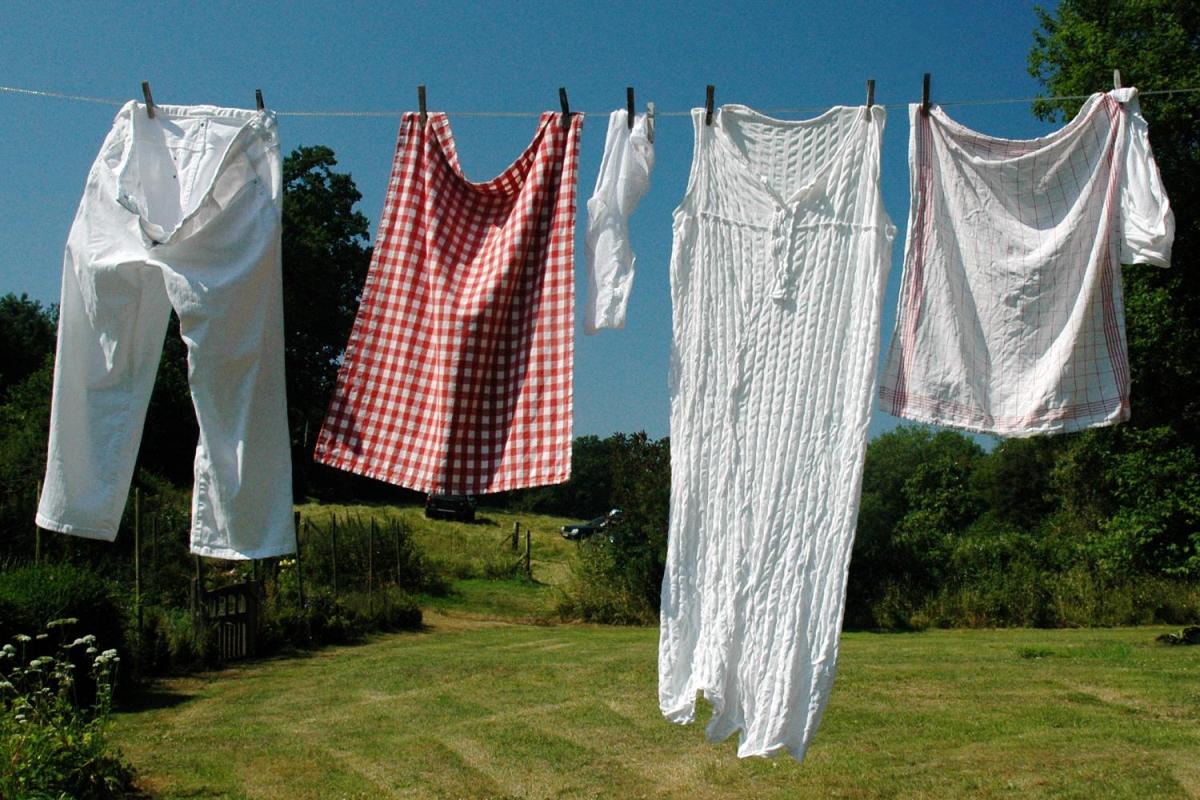Washing line wars
- August 10, 2016
- Brenda Fisher
- 0 Comments

Somewhere deep in corporate America, where marketing meets R&D to formulate new strategies for selling big boxes of expensive household stuff, they will be cheering Amanda McGreavy.
Mrs McGreavy is a sales rep who lives in beautiful countryside near Hull. Not for much longer, though, because she’s putting her house on the market after a four-year brawl with her neighbour over his washing line. It is a brawl in which, unusually, clothes swinging in the breeze have come to be seen as a symbol of oppression. They spoilt Mrs McGreavy’s view, but they also reminded her of the neighbour’s big house, big job and nasty habit of “deliberately hanging washing, including his wife’s knickers, on the line to upset me”.
And to think that it could all have been avoided with a tumble dryer.
They know this intuitively in the US, where 80 per cent of family homes have dryers and use them at least twice a week, rain or shine. About a fifth of Americans have to use electric dryers, whether they like them or not, because of rules governing life in their condominium associations or trailer parks. But that doesn’t account for the rules themselves, or the other three fifths of the country that shuns line-drying for machines because it wants to.
For these people, washing lines are warning signs of lives lived not quite optimally; of tight household budgets, too much time on people’s hands and downward pressure on house prices. For their mothers, washing lines are a reminder of the Depression, and dryers of the liberating consumer technologies of the 1950s. A campaign for US line-drying is under way, led by laundrylist.org, the Vermont-based website. But don’t expect the dryer lobby to cede the dry ground without a fight. They are more likely to shift the battleground from carbon footprints to neighbourliness … and to heroines such as Mrs McGreavy.
